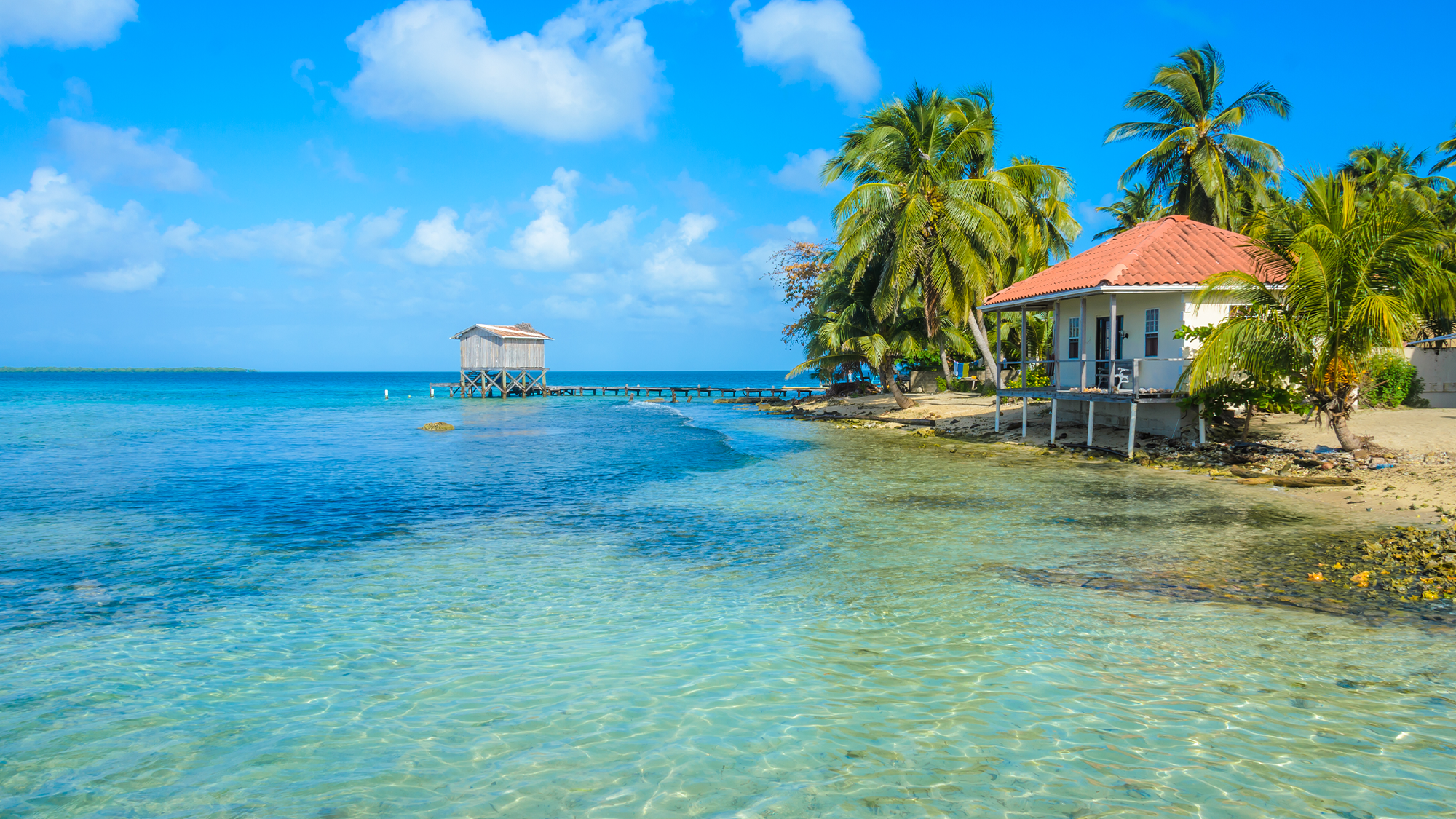

The World Health Organization (WHO) has certified Belize as officially malaria-free. The Central American country with a population of just over 400,000 worked for more than 70 years to stop the deadly mosquito-borne disease.
[Related: Ghana is the first country to approve Oxford’s malaria vaccine.]
Belize joins 41 other countries and one territory that the WHO has certified as malaria-free, including 11 countries in the Americas. Belize is the second Central American nation to be certified malaria-free over the past five years. Paraguay, Argentina, and El Salvador have also been certified. Belize is also the third country in the world to be certified in 2023, following Azerbaijan and Tajikistan.
“WHO congratulates the people and government of Belize and their network of global and local partners for this achievement,” WHO Director-General Tedros Adhanom Ghebreyesus said in a statement. “Belize is another example of how, with the right tools and the right approach, we can dream of a malaria-free future.”
Malaria is typically transmitted through bites by female Anopheles mosquitoes. According to the CDC, when a mosquito bites an infected person, it takes with it a small amount of blood containing microscopic malaria parasites. When a mosquito bites another person (usually about one week later), these parasites mix with the mosquito’s saliva and are injected into the person being bitten. The disease can also be transmitted through blood transfusions, organ transplants, shared needle use with contaminated blood, or from a mother to her unborn infant before or during delivery.
In 2021, the disease killed an estimated 619,000 people globally and infected 247 million others. Malaria symptoms include a fever and flu-like illness, including headache, muscle aches, chills, and fatigue. Vomiting, diarrhea, and nausea may also occur and malaria can cause anemia and jaundice due to a loss of red blood cells. Severe infection can cause mental confusion, seizures, and kidney failure.
For the past 30 years, Belize has dramatically reduced its malaria burden. In 1994, the country saw a peak of about 10,000 cases in 1994, down to zero indigenous cases in 2019. The country has implemented strong surveillance for the disease, access to diagnostics, and vector control methods such as insecticide-treated mosquito nets, using insecticides indoors, and trained community health workers.
In 2015, Belize reorganized its malaria program to place more focus on enhanced surveillance in higher-risk populations. This allowed more strategic targeting of interventions and resources to priority areas. Malaria surveillance efforts were maintained throughout the COVID-19 pandemic and the country made efforts to integrate malaria and COVID-19 surveillance systems.
[Related: China becomes the largest country to officially eradicate malaria.]
“A dedicated network of trained community-based health workers and voluntary collaborators were the backbone of malaria elimination efforts in Belize. They helped ensure early detection of malaria cases within their respective communities and, for those with a confirmed malaria diagnosis, the provision of effective antimalarial treatment,” the WHO wrote in a statement.
A country can be certified by the WHO as malaria-free when it “has shown—with rigorous, credible evidence—that the chain of indigenous malaria transmission by Anopheles mosquitoes has been interrupted nationwide for at least the past three consecutive years.”
The world’s first malaria vaccine was approved in 2021 based on the results of an ongoing pilot program in Ghana, Kenya, and Malawi that has reached more than 800,000 children since 2019. In March, Ghana approved another malaria vaccine for young children.
